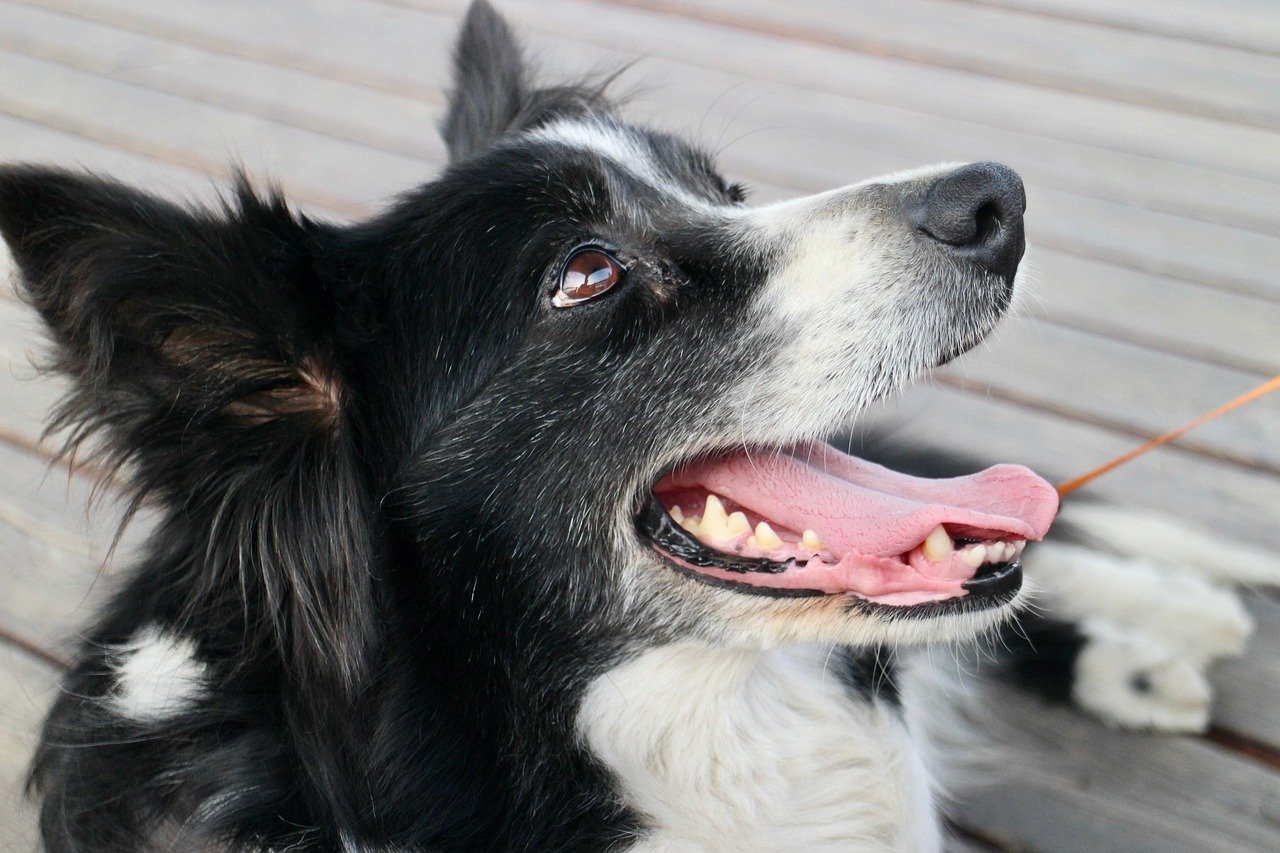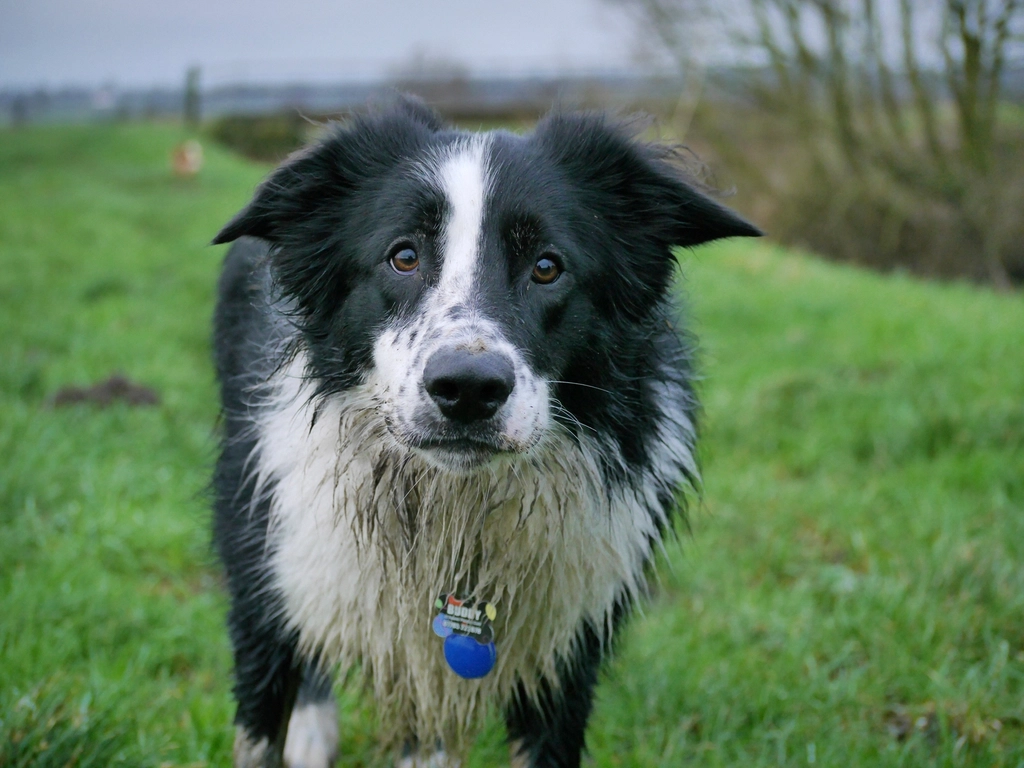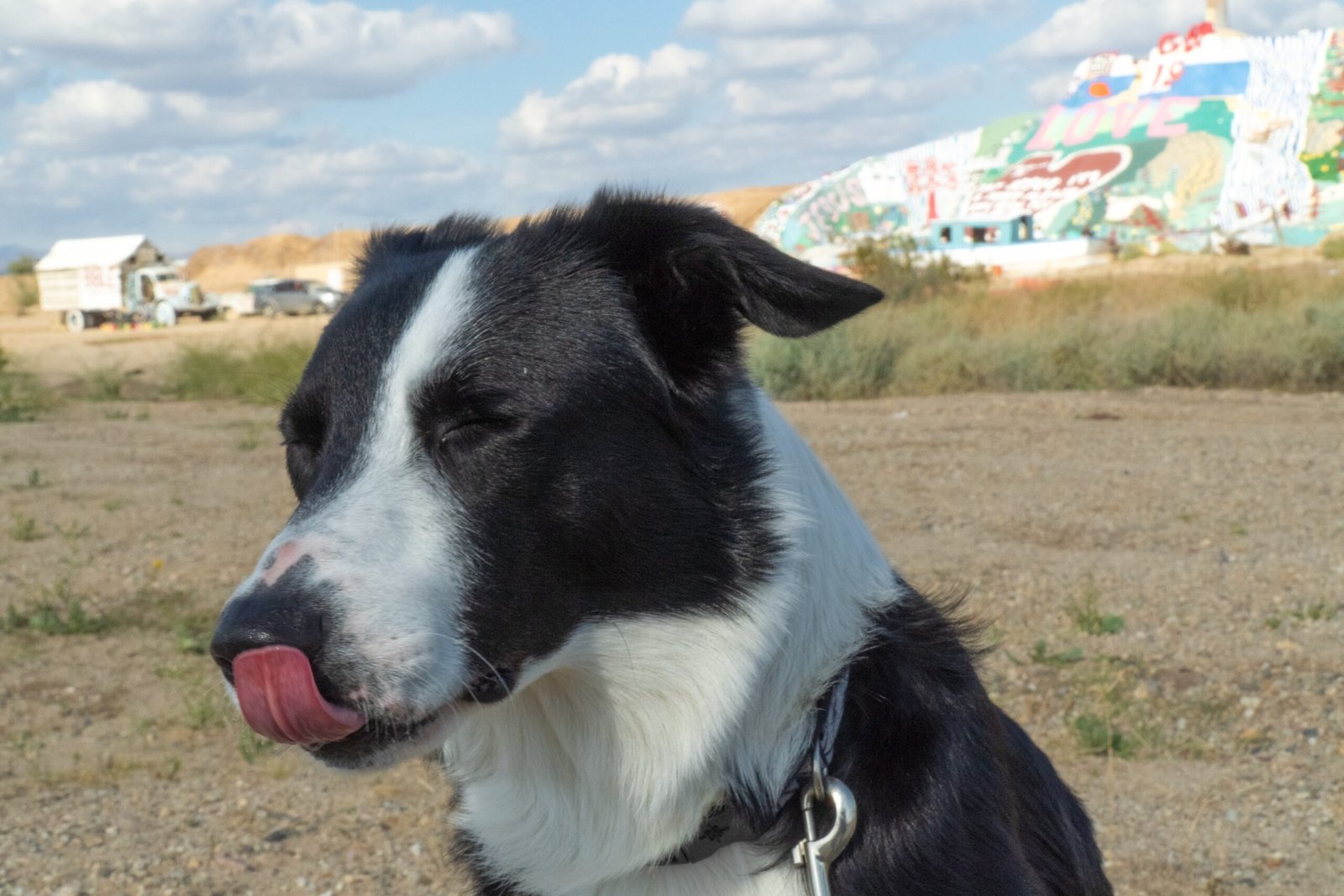Border Collies are smart, energetic, and incredibly in tune with their environment—so when they’re unhappy, they show it in noticeable ways. From sudden behavioral changes to a lack of enthusiasm for play, these signs can be easy to miss if you’re not paying close attention. Because they thrive on mental stimulation and connection, boredom or stress can really take a toll. In this guide, we’ll break down 8 key signs that your Border Collie might be feeling off. Understanding their emotional cues can help you step in early and keep your clever companion happy and healthy.
Lack of Interest in Play or Exercise
Border Collies are known for their boundless energy and love for play. If your once-active companion suddenly ignores their favorite ball or no longer rushes to the door for walks, it’s a major red flag. This shift doesn’t just mean your dog is tired—it can signal a deeper unhappiness. Dogs, especially working breeds like Collies, thrive on activity and mental stimulation. When they withdraw from playtime, it’s often because their emotional needs aren’t being met. Perhaps they feel neglected, bored, or even depressed. This change is not just sad to witness, it’s also a call to action for any caring owner. Remember, a happy Border Collie will always crave movement and fun.
Excessive Barking or Vocalization

Has your Border Collie become unusually loud lately? Excessive barking, whining, or howling can be an obvious sign that something is wrong. While these dogs are naturally vocal, a sudden spike in noise usually means they’re trying to get your attention or express discomfort. It’s their way of saying, “I’m not okay!” Sometimes, the barking is directed at nothing in particular—just a desperate plea for interaction or relief from frustration. Ignoring these vocal outbursts can worsen their distress. Think of it as their version of venting—except they can’t use words, so they use their voice instead.
Destructive Behaviors Around the House
Chewed shoes, shredded pillows, and dug-up gardens aren’t just naughty habits—they’re often cries for help. Destructive behavior is a classic sign of an unhappy Border Collie. This breed is smart and needs constant mental engagement. When they feel unchallenged or ignored, they channel their pent-up energy into destruction. It’s their way of coping with stress or boredom. If your home is suddenly under siege, your dog might be feeling neglected or emotionally unsettled. Addressing this quickly is key to both saving your belongings and restoring your dog’s happiness.
Changes in Eating Habits
A happy Border Collie usually has a healthy appetite. If your dog starts refusing meals, eating significantly less, or even overeating, don’t ignore it. Emotional distress can manifest through changes in eating patterns, just like in humans. Skipping food might signal sadness, anxiety, or even depression. On the other hand, stress-eating or overeating can be a coping mechanism. Watch for other clues, too—like sudden weight loss or gain. Any noticeable change in diet should prompt a closer look at your dog’s emotional well-being.
Withdrawal from Family Members

Border Collies are famously loyal and affectionate. If your dog suddenly starts avoiding cuddles, hides in another room, or no longer greets you excitedly at the door, it’s time to worry. Withdrawal is a strong indicator that your Collie is feeling unhappy or insecure. Sometimes, they might even flinch from touch or seem uninterested in their favorite people. This emotional distance can be heartbreaking, but it’s your dog’s way of coping with pain or confusion. It’s essential to gently rebuild trust and connection if you see these signs.
Pacing, Restlessness, or Inability to Settle

Picture a dog that can’t seem to relax—constantly pacing, circling, or shifting from one spot to another. This restless behavior is a classic sign of emotional distress in Border Collies. Their minds are always racing, and when they’re unhappy, it’s even harder for them to settle. Pacing can also be a way of burning off nervous energy or expressing anxiety. If your Border Collie spends more time wandering aimlessly than resting peacefully, it’s a sure signal they’re not feeling their best.
Frequent Licking or Chewing Themselves

Some unhappy Border Collies develop repetitive habits like licking their paws, chewing their fur, or even biting their tails. At first, this might seem harmless, but over time it can lead to raw skin or bald spots. This self-soothing behavior is often linked to stress or unhappiness. It’s similar to how humans might bite their nails when anxious. If you notice your dog obsessively grooming or chewing themselves, it’s time to look deeper into what might be bothering them emotionally.
Loss of Focus or Obedience

Border Collies are known for their quick learning and sharp minds. If your dog suddenly ignores commands, seems distracted, or forgets routines, it might be more than simple stubbornness. Loss of focus is often tied to emotional distress or unhappiness. An unhappy dog might find it hard to concentrate, just like a person distracted by worries. Training sessions become frustrating, and your Collie may seem “spaced out” or uninterested. This change is not just inconvenient—it’s a sign they need emotional support and reassurance.
Catching the signs of an unhappy Border Collie early can make a huge difference in their overall well-being. These brilliant dogs crave connection, purpose, and stimulation—so when something’s off, they’ll let you know in their own way. By staying tuned in to their behavior and making a few adjustments, you can help bring back their spark. A happy Border Collie isn’t just more fun—they’re also healthier and more bonded to you than ever.
Jen is a passionate nature lover and ocean conservationist. She has dedicated her life to protecting the environment and preserving the beauty of the natural world. Growing up in a small coastal town, Jen sincerely appreciated the ocean and its inhabitants. She has spent countless hours exploring the shoreline, learning about the creatures that inhabit the waters, and advocating for their protection. Jen is an active member of ocean conservation organizations, and she is committed to educating the public about the importance of conserving wildlife and the natural environment.






